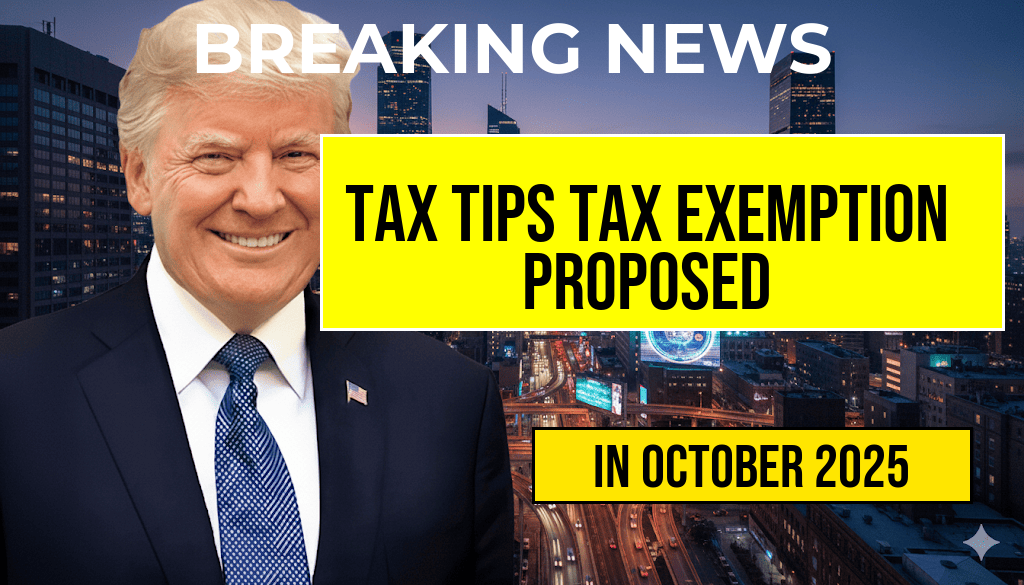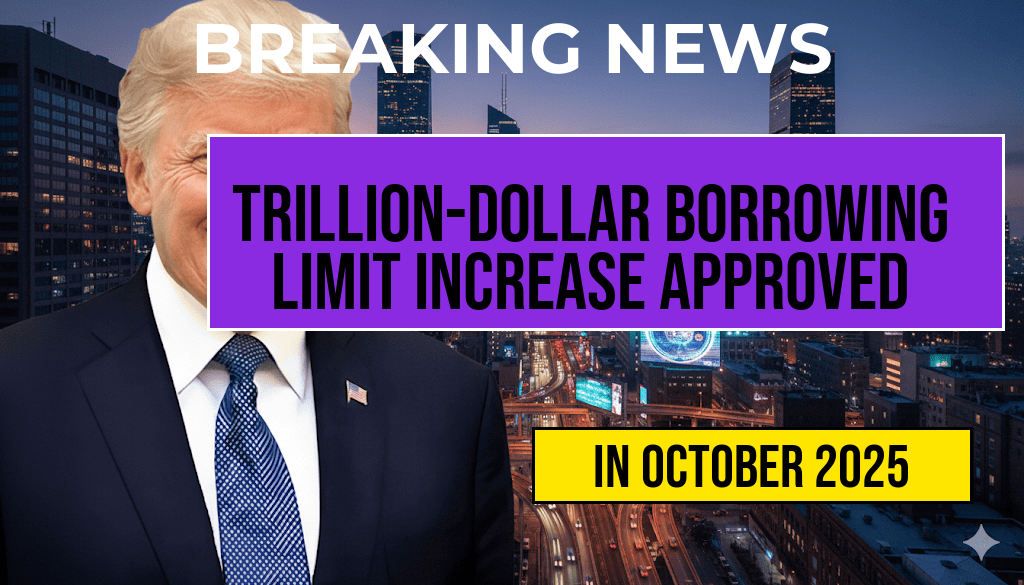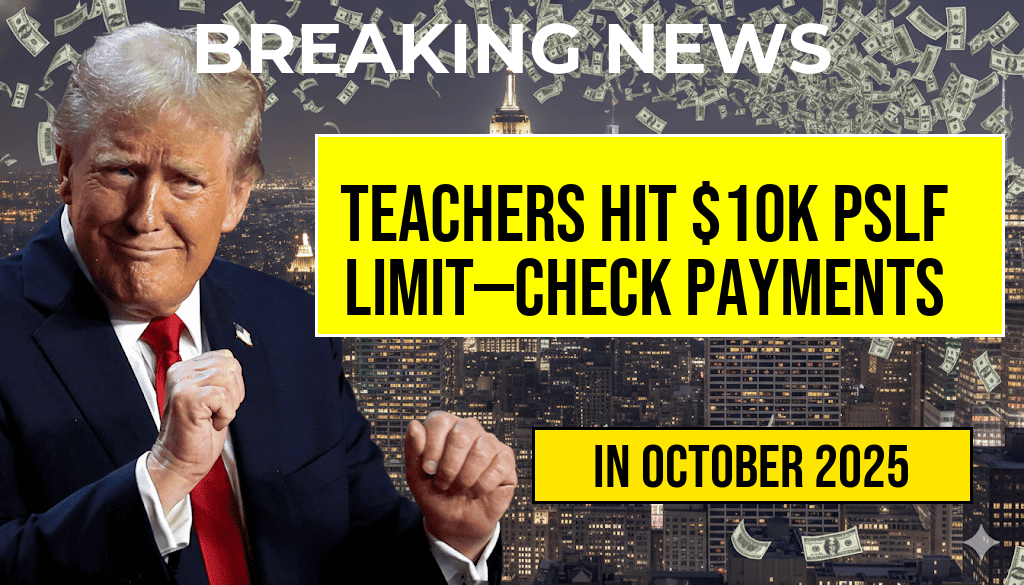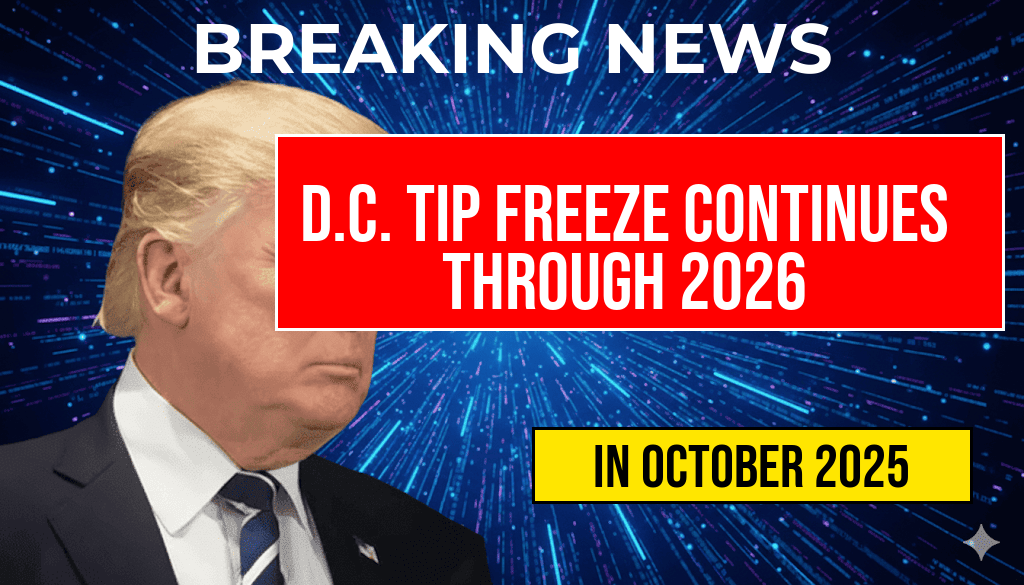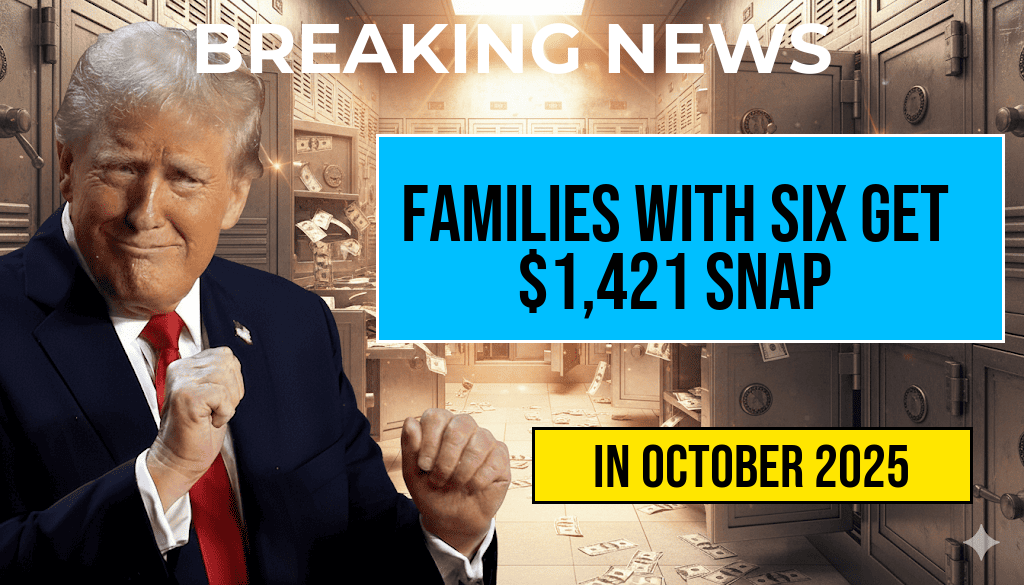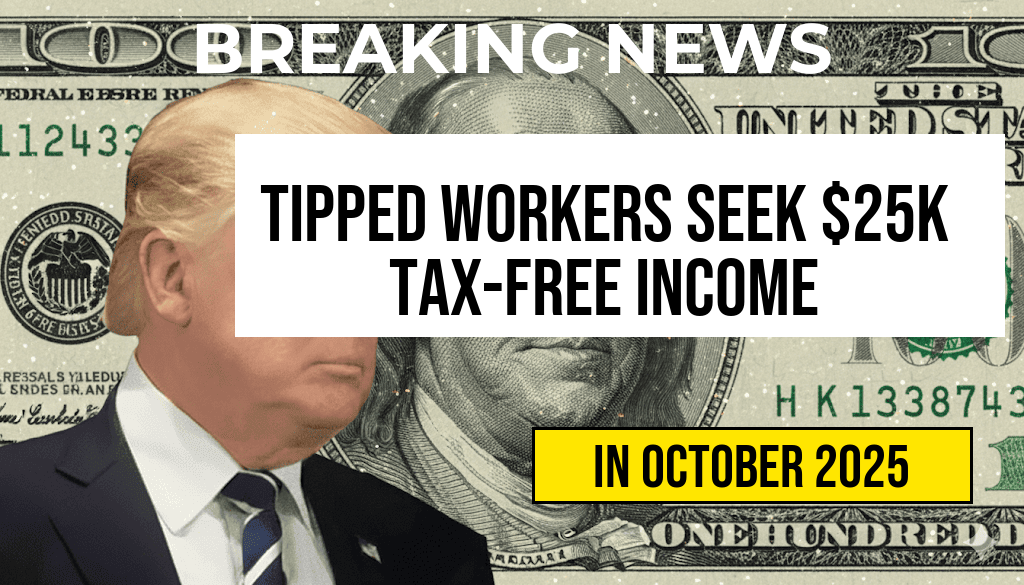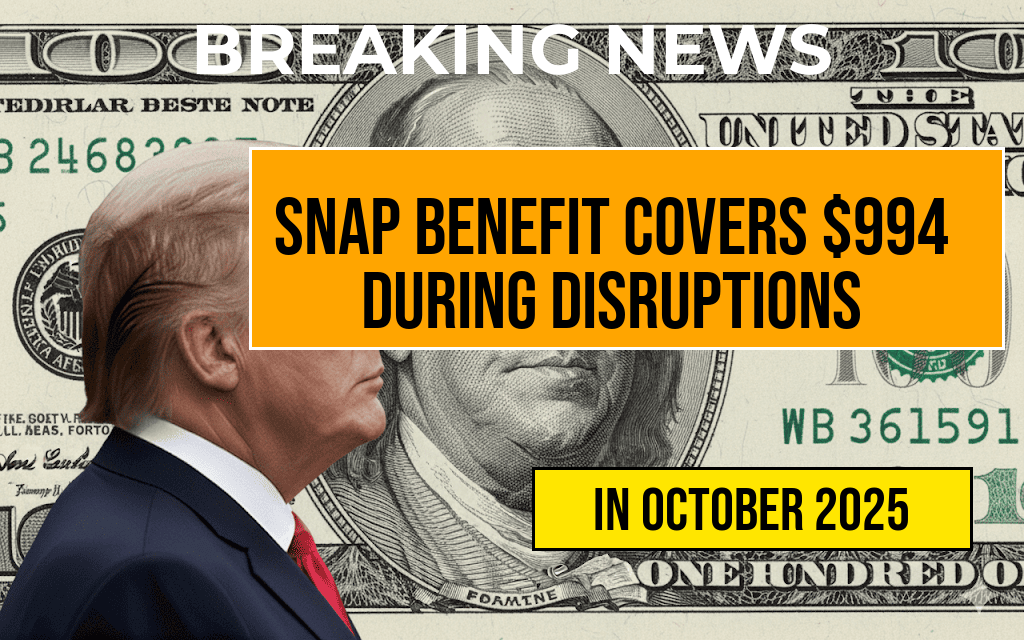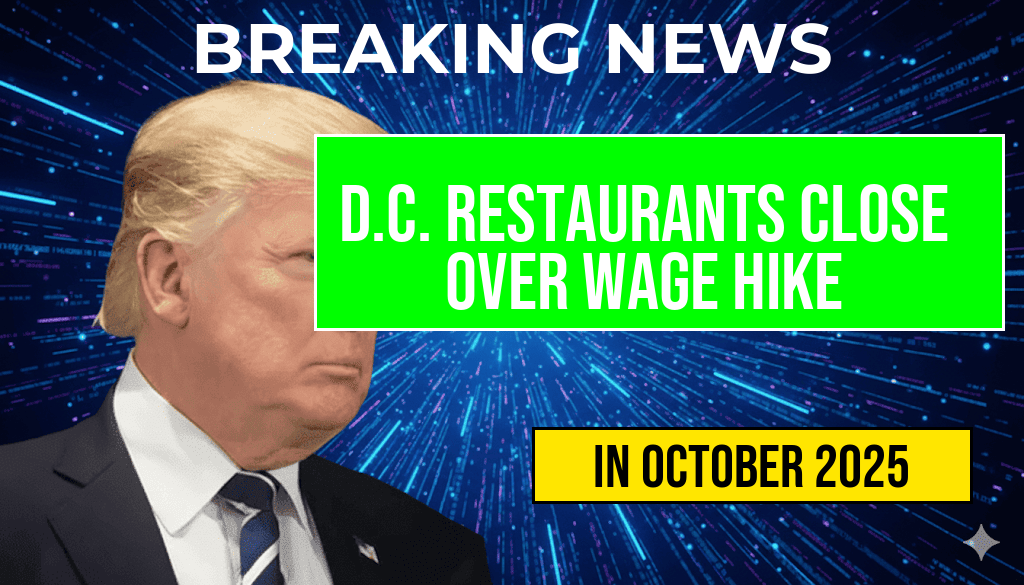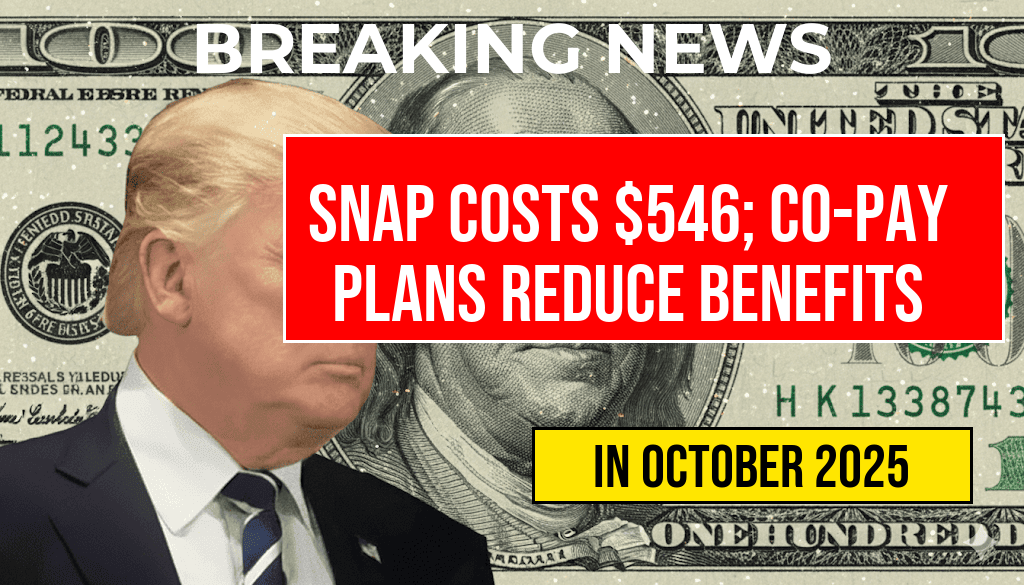D.C. Tip Freeze Extends Through July 2026, Keeping Hourly Minimum at $10 Without a Pay Increase
The District of Columbia has announced that the current tip minimum wage will remain at $10 an hour through July 2026, with no scheduled increase this year. This decision, part of a broader policy to stabilize wages amid ongoing economic uncertainties, affects thousands of service industry workers who rely heavily on tips. The extension, confirmed by city officials, aims to provide clarity for both employers and employees but has drawn mixed reactions from labor advocates and business groups alike. As the hospitality sector continues to recover from pandemic-related disruptions, many workers express concern over stagnant wages, while some business owners appreciate the predictability in a fluctuating economic climate.
Background on the Tip Minimum Wage Policy
Under D.C. law, employers are required to pay tipped workers a base wage, with tips supplementing their earnings to meet the minimum wage threshold. The city’s current tip minimum wage stands at $10 an hour, a rate that has been in place since 2019. Historically, the city periodically reviews these figures, adjusting them in line with inflation or economic conditions. However, the latest extension marks the third consecutive period without an increase, despite rising living costs.
Details of the Extension and Its Rationale
| Aspect | Details |
|---|---|
| Effective Period | Through July 2026 |
| Hourly Tip Minimum | $10 |
| No Scheduled Increase | 2019 to 2026 |
| Reason Cited | Economic stability and pandemic recovery efforts |
Officials from the D.C. Department of Employment Services (DOES) stated that the extension aligns with city policies aimed at supporting small businesses while maintaining a consistent wage framework. “Given the economic climate, we believe maintaining the current tip minimum wage provides stability for workers and employers alike,” said a department spokesperson. The decision also reflects ongoing negotiations between city officials, labor unions, and business associations on wage policies amid inflationary pressures.
Impact on Workers and Business Owners
Many service workers, especially those in restaurants, bars, and hospitality venues, rely heavily on tips to meet their income needs. For these workers, the stagnant $10 an hour combined with tips often falls short of covering basic living expenses, particularly as housing costs and transportation prices continue to climb in D.C.
- Workers’ Perspective: Many employees express frustration over the lack of a pay increase, citing inflation and increased costs of living. “It feels like our wages are being left behind while everything else gets more expensive,” said a local bartender who wished to remain anonymous.
- Business Owners’ View: Some restaurant owners argue that freezing wages helps manage operational costs during uncertain economic periods. “A consistent tip minimum allows us to plan better and avoid sudden wage hikes that could pressure small businesses,” noted a local restaurateur.
Broader Wage Trends and Future Outlook
While the tip minimum wage remains unchanged, discussions about raising the base wage for tipped workers continue at the federal and state levels. Currently, the federal tipped minimum wage stands at $2.13 an hour, with many advocates pushing for a nationwide increase. In D.C., the focus has shifted toward ensuring that tips adequately supplement wages without the need for mandatory increases every year, especially given the economic uncertainties.
Labor organizations have called for a reevaluation of the wage structure, emphasizing that stagnant wages could exacerbate income inequality. Conversely, some business groups worry that automatic increases could hinder recovery efforts and lead to higher prices for consumers.
Additional Resources and Context
- Wage laws in the United States (Wikipedia)
- How wage stability impacts the hospitality industry (Forbes)
As the city navigates economic recovery, the ongoing debate over wages underscores the delicate balance between supporting workers’ livelihoods and maintaining a viable business environment. The extension of the tip wage freeze through July 2026 signifies a cautious approach by D.C. policymakers, with stakeholders watching closely for shifts that could influence the local economy and workers’ incomes in the coming years.
Frequently Asked Questions
Question 1
What is the D.C. Tip Freeze and how long will it last?
The D.C. Tip Freeze is a policy that maintains the minimum hourly tip rate at $10 through July 2026, preventing any increases in tip wages during this period.
Question 2
Will there be any base pay increases for workers this year due to the tip freeze?
No, there will be no base pay increase for workers this year as a result of the tip freeze.
Question 3
How does the tip freeze impact thousands of workers in D.C.?
The tip freeze ensures that thousands of workers continue to earn a minimum of $10 an hour, but it also means they will not see any tip-based wage increases this year.
Question 4
What are the reasons behind implementing the tip freeze?
The tip freeze was implemented to stabilize wage policies and manage economic considerations affecting the hospitality industry in D.C., though specific reasons may vary.
Question 5
Will this tip freeze affect future wage negotiations?
Yes, the tip freeze could influence future wage negotiations by setting a baseline and limiting immediate increases, potentially impacting how wages are negotiated moving forward.

